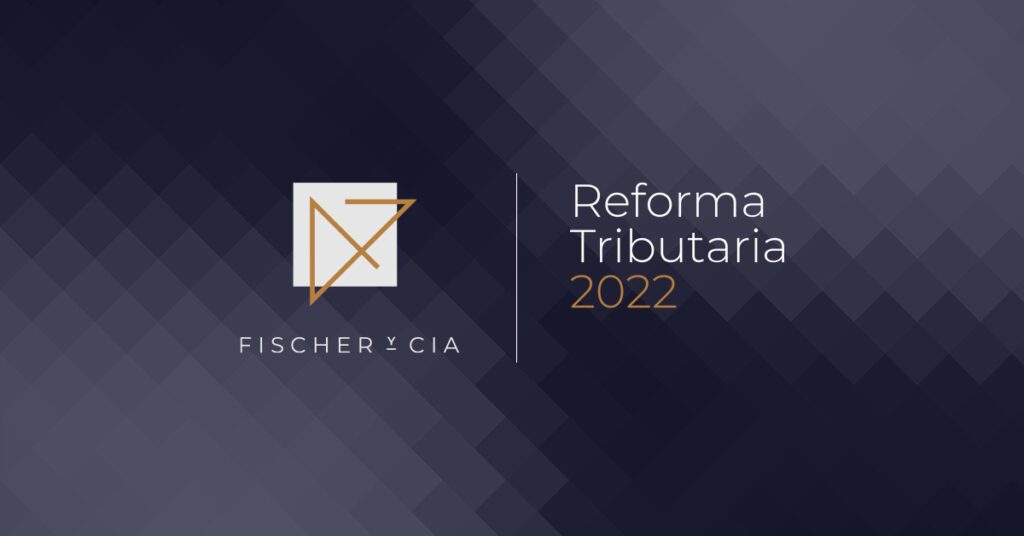It is expected that one of the first projects that will enter Congress together with the start of the new Gabriel Boric government will be the tax reform that, among others, will seek to establish a wealth tax, modify exemptions, contributions to real estate and combat tax avoidance. All this is aimed at collecting five points of GDP in the first four years.
In this scenario, Diario Financiero newspaper collects the measures and recommendations of various law firms. On the side of Fischer y Cía. stands out the website created by the tax team (www.reformatributaria2022.cl) with the aim of informing and sharing information regarding the new reform developments.
Alex Fischer, partner of Fischer y Cía. comments: “We want to participate in the debate in a constructive way and keep our clients informed. The tax advisers play a very important role in explaining the reforms to investors in Chile and abroad. We have a credibility that other actors do not have. We also help to identify practical problems in discussions that are sometimes too theoretical. We are going to form work teams by topics, and we have already registered the site www.reformatributaria2022.cl which, for now, contains a description of the President-Elect’s tax program and the latest news.”
Also, our tax leader adds: “Gabriel Boric is going to have to decide whether to carry out a single major tax reform, or if he is going to divide it. I hope that the tax reform will be divided into two. On one hand, the revision of the exemptions and a rational redesign of the mining royalty. These are issues with broad consensus and which would allow a rapid increase in collection.
On the other hand, there should be a longer-term and serious technical debate on the structure of the system. This is one of the subjects in which the consensus and gradualism that Gabriel Boric offered as a candidate are particularly important. The tax system cannot change every 4 years.
Pandora’s box will be the wealth tax. How Gabriel Boric addresses this issue may end up being decisive. It has low collection in relation to the mistrust it generates. In other words, it introduces a lot of uncertainty to the system, in exchange for an uncertain collection that can be obtained in other ways. But it is an important signal for the more dogmatic politics. The logical thing to do would be to quickly rule it out, because a small country like Chile should wait for some global coordination and consensus to exist before introducing a wealth tax.
Capital is mobile and pretending to be a pioneer in this area is unnecessary and naive. But, if it is not ruled out, it should at least be deferred to the long-term structural debate, because its discussion should not do without the overall tax structure and burden “, concludes Alex Fischer.
